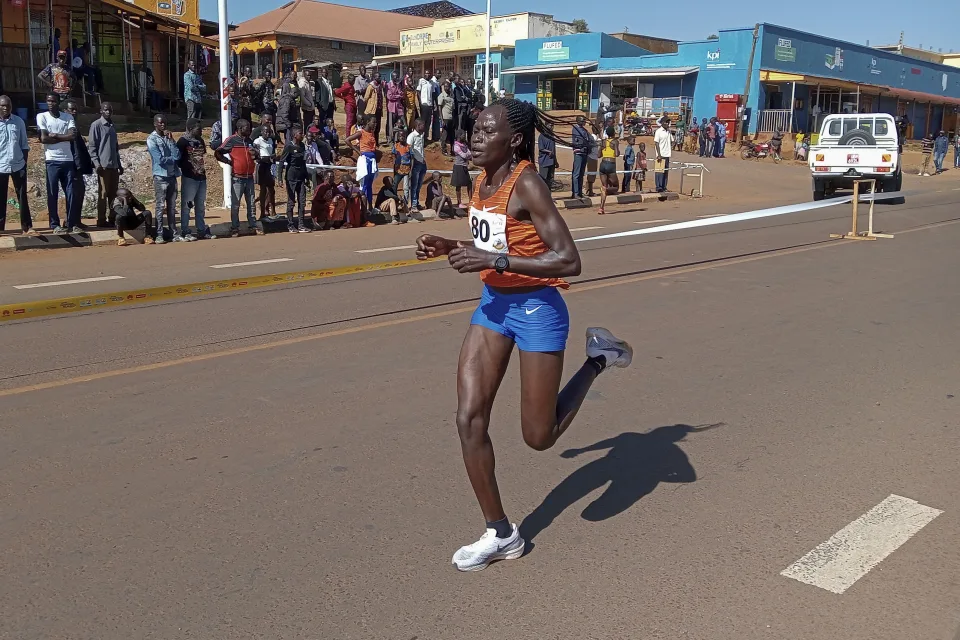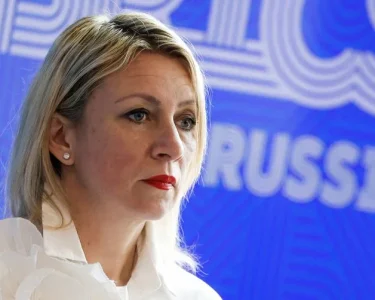Nairobi, Kenya – The recent tragic death of a Uganda Olympic runner in Kenya has once again shone a spotlight on the disturbing trend of violence against female athletes in East Africa. The incident, which police are investigating as a homicide, marks a somber point in what appears to be a growing series of violent acts targeting women in sports.
The victim, a celebrated sprinter who had competed internationally, was found deceased under mysterious circumstances after failing to return from a training run. Her death has sparked an outpouring of grief and anger from the global athletic community and highlighted the challenges that female athletes face, both on and off the field.

A Pattern of Violence
This isn’t the first incident of its kind. Over the past decade, several female athletes in Kenya have suffered similar fates, each case bringing its own tale of unfulfilled potential and shattered dreams. Activists point to a combination of factors, including gender-based violence, inadequate safety measures, and a lack of support for women in sports, which contribute to making these athletes particularly vulnerable.
“Female athletes are frequently seen as easy targets and face numerous threats that their male counterparts are less likely to encounter,” explained Dr. Joyce Mutinda, Chairperson of the Kenya Women and Sports Commission. “It’s a crisis of safety and equality.”
The Response from Authorities
The Kenyan government has been criticized for its slow response to the threats against female athletes. In light of recent events, however, there appears to be a renewed commitment to addressing these issues. The Ministry of Sports has announced a series of workshops and safety initiatives aimed at providing better protection for athletes, particularly women.
“We are working closely with athletic organizations to ensure that our athletes can train safely and compete without fear,” said a spokesperson for the Ministry. “This includes enhanced security measures and increased awareness programs about the unique challenges faced by female athletes.”
Community and Global Reactions
The international community has also rallied in support of East African female athletes, with several sports organizations and NGOs calling for more protective measures and sanctions against countries that fail to protect their athletes. Social media campaigns, such as #JusticeForAthletes and #StopViolenceAgainstWomen, have gained traction, spreading awareness and advocating for change.
Locally, the running community has organized memorial runs and fundraisers to support the family of the deceased and to fund safety programs for female runners. “We must look out for each other,” said one local runner. “Her death should not be in vain. It should be a wake-up call for all of us.”
Moving Forward
Experts agree that while these initiatives are a step in the right direction, more needs to be done to tackle the root causes of violence against female athletes. This includes education on gender equality, stricter enforcement of existing laws against gender-based violence, and creating a sports culture that respects and values female athletes equally.
As Kenya and other nations grapple with these issues, the global spotlight on these tragic events serves as a critical reminder of the work that remains to be done. The hope is that the death of a talented runner will not just be another headline but a catalyst for real change.
“Every athlete deserves to compete safely, free from harm or fear,” concluded Dr. Mutinda. “It’s not just about sports. It’s about human rights.”
For more detailed analysis and ongoing updates on this topic, stay connected with Digital Digest.





1 Comment